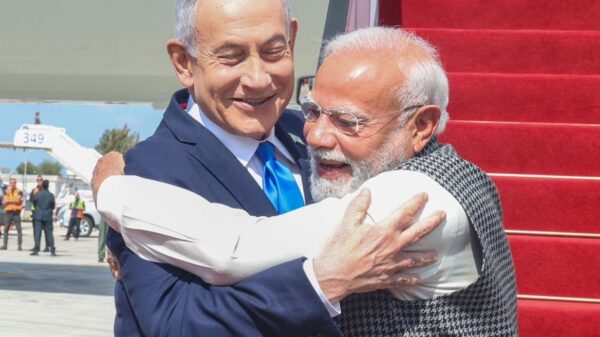Every year on the 17th of September, the annexation of Hyderabad through military action by the Indian Army is remembered as Operation Polo. The 75th anniversary serves as a reminder of the chaos, bloodshed, and suffering endured by the people of Hyderabad during this invasion.
Operation Polo was launched on September 13, 1948, as a military operation after the Nizam of Hyderabad, Mir Osman Ali Shah, disagreed to integrate his state with newly independent India. This refusal came after the signing of a one-year standstill agreement in November 1947. Initially, this agreement was intended to maintain a status quo between the two entities until a permanent solution could be reached.
The Nizam of Hyderabad had no initial intention of aligning with either India or Pakistan; he aimed to maintain Hyderabad as an independent entity. The leaders in New Delhi were outraged by the Hyderabad state’s refusal to cede sovereignty to democratic India.
After the independence of India, princely states had the choice of joining India or Pakistan or remaining autonomous.
The issue with Hyderabad was only its geographical location, which was well within India and did not share a border with Pakistan. Hyderabad had a Hindu majority population, with only 10–15 percent of Muslims living in the state.
The Nizam’s forces were crushed after only a couple of days, with practically no critical loss of regular citizen lives. However, by the time word got to Delhi, the invasion had been followed by mass rape, arson, and looting of Muslims.
“The sufferers were Muslims who formed a hopeless minority in rural areas. The perpetrators of these atrocities were not limited to those who had suffered at the hands of Razakars, not to the non-Muslims of Hyderabad state. These latter were aided and abetted by individuals and bands of people, with and without arms, from across the border, who had infiltrated through in the wake of the Indian Army. We found definite indications that a number of armed and trained men belonging to a well-known Hindu communal organisation from Sholapur and other Indian towns as also some local and outside communists, participated in these riots and in some cases actually led the rioters.”
– An excerpt from the Sundarlal Committee Report
On September 17, the Nizam of Hyderabad declared a cease-fire. Major Geneal Jayanto Nath Chaudhuri was in charge of the Indian forces for Operation Polo.
On September 18, Major General Chaudhuri entered Hyderabad city with his forces and Maj Gen El Edroos surrendered to him. Afterwards, Major General Chaudhuri was given the position of Hyderabad’s Military Governor.
Operation Polo serves as a reminder of the atrocities against minorities that began following India’s independence and have since become a prominent aspect of daily news coverage throughout the country.





























































